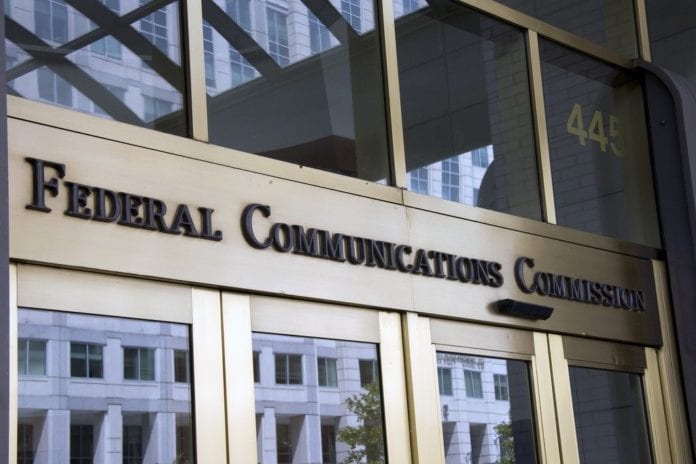Geoffrey Starks tapped to replace Mignon Clyburn on FCC
A Senate-led pushback on the repeal of net neutrality, a rapidly shifting relationship between service providers and content producers, national intelligence concerns regarding the use of network infrastructure and devices from Chinese manufacturers, facilitating the spectral needs of 5G—all among the open issues facing the U.S. Federal Communications Commission (FCC).
And, with the expiration of Democratic Commissioner Mignon Clyburn’s term in June 2017, President Trump has now gotten around to nominating a replacement. The five-member FCC currently has a 3-2 Republican majority; the commission can’t have more than three members from a single party, so Trump appointee Geoffrey Starks is a Democrat.
Starks, who now faces Senate confirmation, acts currently as the assistant bureau chief for the FCC Enforcement Bureau; he formerly served as senior counsel with the U.S. Department of Justice. If confirmed, Starks will serve the remainder of Clyburn’s five-year term, which ends on June 30, 2022.
Subscribe now to get the daily newsletter from RCR Wireless News
FCC Chairman Ajit Pai said in a statement he congratulates Starks, who has “a distinguished record of public service, including in the FCC’s Enforcement Bureau, and I wish him all the best during the confirmation process.”
If confirmed by the Senate, Starks will likely face many key decisions. One open issue, for example, is a move to block Universal Service Fund recipients, Tier 3 and rural carriers, WISPs, and the like, from accessing federal broadband build out subsidies if they buy from Chinese manufacturers Huawei and ZTE, which many do given the price points offered by those OEMs.
In recent filings with the regulatory body, the Competitive Carriers Association made clear its objection to tying USF to equipment manufacturers. “CCA strongly supports protecting the nation’s networks and has been actively involved in supporting cybersecurity and network security initiatives with a variety of administration and agency bodies,” CCA President & CEO Steven K. Berry said. “However…the FCC’s proposal will devastate the ability of all carriers, especially those that use USF to help buildout their networks, to continue to provide high quality, reliable, and cost-efficient service to millions of Americans, including those in rural and high-cost areas. This national security issue is very complex with many outstanding questions. Tying the proposed rule to critical USF funds would create significant hardships on many carriers and would risk consumers losing access to wireless services entirely and may have little effect on enhancing our nation’s telecommunications security – a outcome no one wants to see.”

